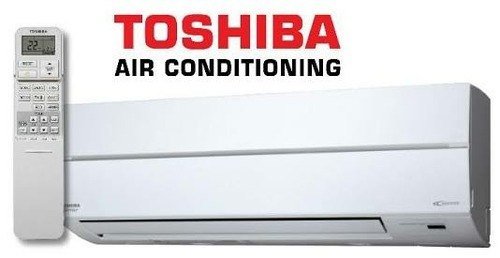A Fresh Air Handling Unit (FAHU) is all about bringing in fresh, clean air and often pre-conditioning it before it goes into a building. Here’s a breakdown of the key components that make this happen:
Filters:
The first line of defense, filters trap dust, pollen, and other airborne contaminants from the incoming outdoor air. FAHU systems may use a variety of filter types, including pre-filters, bag filters, and even high-efficiency particulate air (HEPA) filters depending on the required air quality.
Damper:
This adjustable valve controls the amount of fresh air entering the FAHU. By opening or closing the damper, you can regulate the airflow to meet the building’s needs.
Fan:
The workhorse of the system, the fan draws in outdoor air and pushes it through the filters and other conditioning components. Variable frequency drives (VFDs) are sometimes used to control the fan speed and optimize airflow.
Heat Exchanger (Optional):
Not all FAHU systems have heat exchangers, but they can be a real energy saver. The heat exchanger transfers heat or coolness between the incoming outdoor air and the outgoing exhaust air. In the winter, it can capture heat from the outgoing air and pre-heat the incoming fresh air. In the summer, it can do the opposite, removing heat from the incoming air. There are different types of heat exchangers used in FAHU systems, with rotary wheels and plate heat exchangers being common choices.
Cooling Coil (Optional):
In some cases, a cooling coil may be added to further condition the incoming air. This is particularly useful in hot climates where you want to cool down the fresh air before it enters the building. The cooling coil works similarly to an air conditioner, using refrigerant to lower the air temperature.
Sensors and Controls:
FAHU systems rely on sensors to monitor temperature, humidity, and airflow. These sensors send signals to a control system that manages the operation of the dampers, fans, and other components to maintain the desired conditions.
By working together, these components ensure a steady supply of fresh, clean air that meets the needs of the building occupants. The specific configuration of a FAHU system will vary depending on factors like climate, building size, and occupancy requirements.

Looking to install a commercial HVAC System or Duct work in your Business Area?
Contact Vipul Ac to learn about our HVAC Service
Call +91 8000092000 Today.

